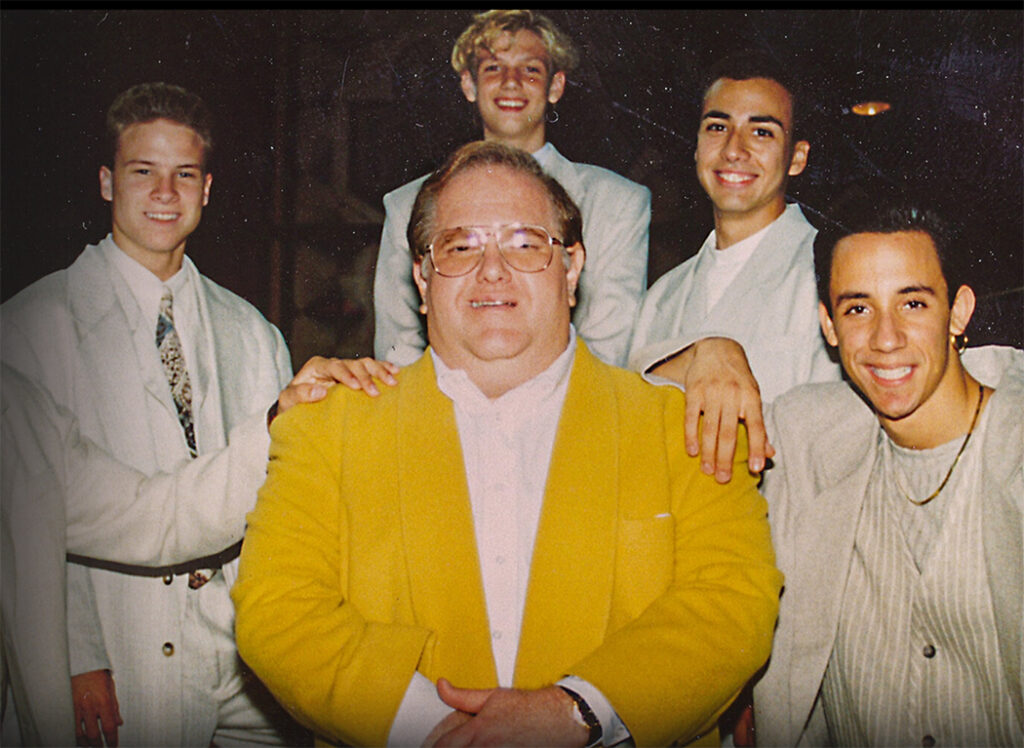
I love investing. If you’re one of my regular readers, you already know that. But have you stopped to think about what that statement means? It means I’m emotional about investing.
In the worldwide community of in-vestment professionals, there’s a lot of talk about discipline. Humans are emotional creatures. We like to think our decisions are logical. Almost certainly that’s because we use logic in the decision-making process. But often the use of logic goes less into the decision-making and more into justifying the decision that you made based on emotion. And so in these cases, logic ends up masking the emotional basis for our decision.
But let’s get back to my emotions. I love investing. And that means there are some investments that I really love. One thing I have learned in my investing career is that I am not unique. If I am thinking something, there are probably lots of others thinking the same thing.
There are lots of people who, like me, sometimes fall in love with an investment. And this is where discipline becomes very important. Whether you are a professional or a nonprofessional, discipline could save you from a catastrophic loss.
Recently, I was watching the Netflix documentary Dirty Pop: The Boy Band Scam. It’s the fascinating story of how Lou Pearlman sold fraudulent investments to bankroll his promotion business, which created and funded the Backstreet Boys, NSYNC, and other bands. In the end, Pearlman was convicted of running a Ponzi scheme. He sold fraudulent certificates that he claimed were FDIC insured (they were not) and paid 9 percent interest at a time when interest rates were much below that.
Once again, I found myself watching heartbreaking interviews of innocent people who lost everything—all their savings. How did that happen? It happened because they violated two principles. 1) If it sounds too good to be true, it probably is. And more relevant to this article: 2) Never put all your eggs in one basket.
To be a catastrophic victim of Lou Pearlman, Bernie Madoff, or any other scammer, you’d have to violate both of these principles. But it’s the second one that can really save you: Never put all your eggs in one basket.
Makes sense, right? If you drop the basket, all your eggs will be broken. The rule promotes discipline wrapped in homespun wisdom and common sense.
Scams happen. One thing I learned a long time ago is that you really can’t beat professionals at their game. Some fraudsters are professionals. A clever fraud can take years to expose, and during that time the fraudsters will take a lot of people’s money. And it can happen to anyone. It’s tempting to assume that people who are victims of fraud are stupid and that it would never happen to you. That kind of false confidence can get you into trouble.
If you encounter a professional fraudster, the chances are very good they will take some money from you. Remember, they are professionals. In many, maybe even most cases, you won’t even realize it was a fraud until after your money is gone.
And fraudsters are very good at getting you to put more and more of your money into their scheme until you have lost most or all of your money. This is where discipline can really save you.
One of the time-honored tricks of scams and frauds is to appeal to your greed. Most investment schemes rely on the victim’s greed. A con man relies not only on the victim’s greed, but also on trust. We like to do business with people we trust. “Con” is short for confidence. If you trust someone, you have confidence in them. So maybe you trust someone who just offered you a terrific investment opportunity. Let’s suppose that you believe everything you have been told and are ready to invest. What should you do?
If you read this article, I hope you will hear a little voice in your head that says, “Never put all your eggs in one basket.”
If you put a little money into something, say less than 10 percent of your investable assets, hopefully a lot less than 10 percent, and it’s a fraud, you still have more than 90 percent of your money. The fraud didn’t leave you broke.
So what’s the lesson? No matter how much you love an investment, never put . . . well, by now you should know that rule by heart!
Hal Masover is a Chartered Retirement Planning Counselor and a registered representative. His firm, Investment Insights, is at 508 N 2nd Street, Suite 203, Fairfield, IA 52556. Securities offered through, Cambridge Investment Research, Inc, a Broker/Dealer, Member FINRA/SIPC. Investment Advisor Representative, Cambridge Investment Research Advisors, Inc., a Registered Investment Advisor. Investment Insights, Inc & Cambridge are not affiliated. Comments and questions can be sent to hal@getyourinsight.com These are the opinions of Hal Masover and not necessarily those of Cambridge, are for informational purposes only, and should not be construed or acted upon as individualized investment advice. Investing involves risk. Depending on the types of investments, there may be varying degrees of risk. Investors should be prepared to bear loss, including total loss of principal. Past performance is no guarantee of future results.
